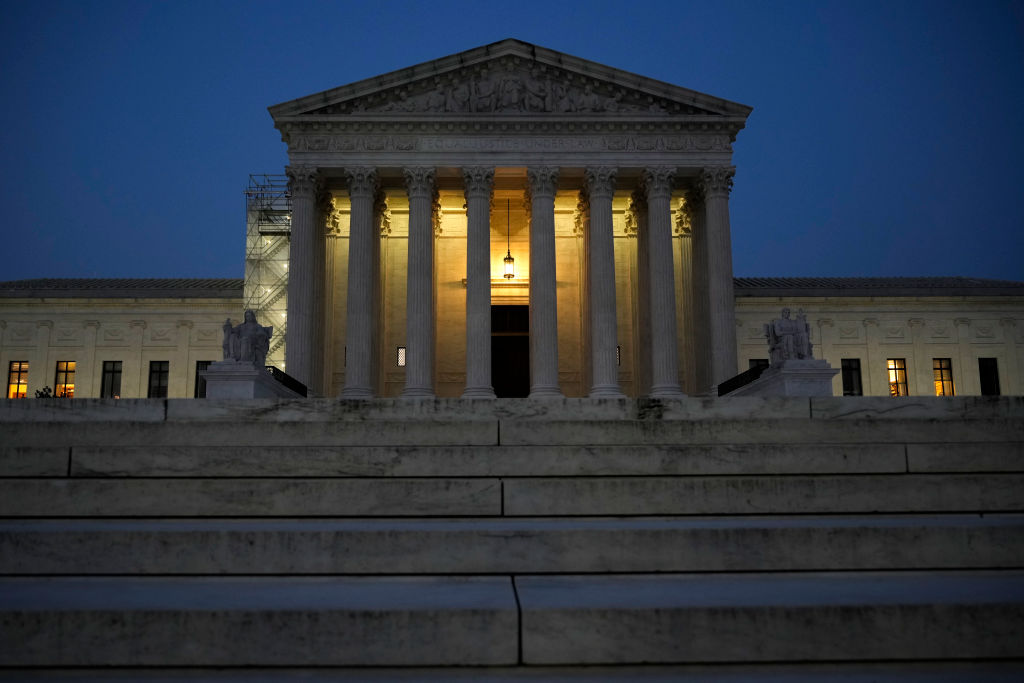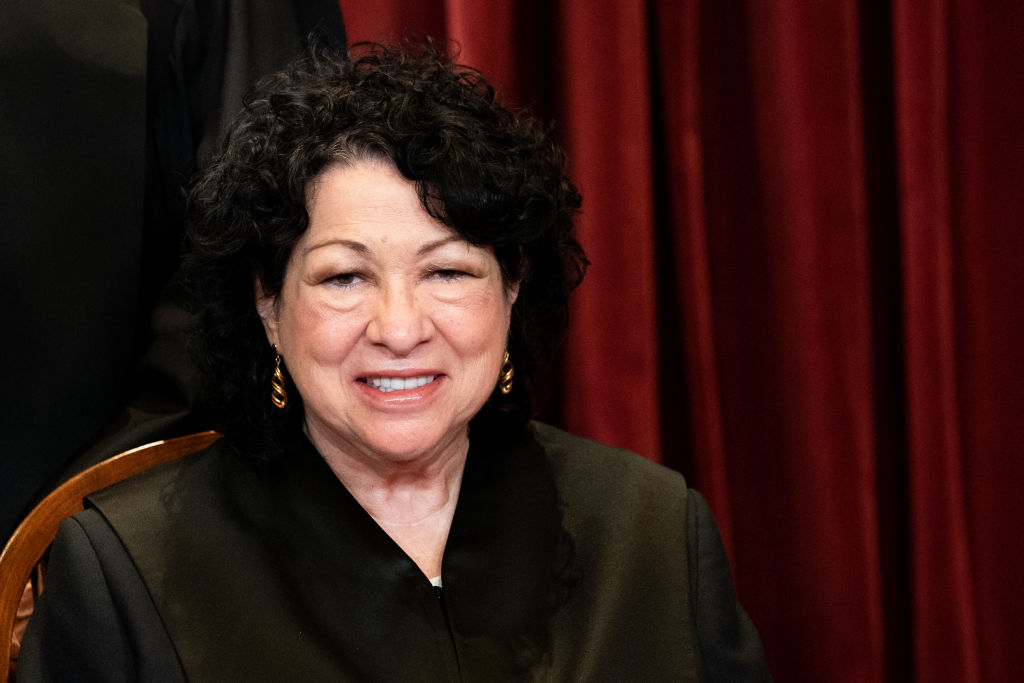Supreme Court Justice Sonia Sotomayor is not being shy about her feelings of the court’s conservative majority and its rulings.
During in remarks event at the University of California, Berkeley School of Law reported by CNN, Sotomayor said, “I live in frustration. And as you heard, every loss truly traumatizes me in my stomach and in my heart.”
“But I have to get up the next morning and keep on fighting,” she added.
Sotomayor is one of the three liberal justices in the minority of the 6-3 court.
When asked about people who feel discouraged by high court’s rulings, the justice said, “How can you look at those people and say that you’re entitled to despair? You’re not. I’m not.”
“Change never happens on its own. Change happens because people care about moving the arc of the universe toward justice, and it can take time and it can take frustration,” she continued.

CNN notes the event occurred “as the majority-conservative high court is poised to issue rulings on a number of contentious issues, including gun rights and the power of federal agencies.”
“The court’s liberal members have found themselves on the losing side of numerous blockbuster cases in recent years after former President Donald Trump appointed three conservatives justices, and Sotomayor has often publicly bemoaned her colleagues’ decisions in those matters,” it added.
Sotomayor has not been shy about expressing her disappointment in the court’s decisions when she is in the dissent.
Last week, the Supreme Court allowed Alabama to carry out the first-ever execution by nitrogen gas.
In her dissent, Sotomayor said, “Having failed to kill Smith on its first attempt, Alabama has selected him as its ‘guinea pig’ to test a method of execution never attempted before.”
“This Court yet again permits Alabama to ‘experiment … with a human life.'”
But the court was not the only one Sotomayor expressed frustration with.
“I can’t tell you how often I’ll look at (Justice) Neil Gorsuch and I’ll send him a note and say, ‘I want to kill that lawyer.’ Because he or she didn’t give up that case. Because by the time you come to the Supreme Court, it’s not about your client anymore. It’s not about their case,” she said.
The justice added, “It’s about how that legal issue will affect the development of law and how you pitch it – if you pitch it too broadly, you’re gonna kill the claims of a whole swath of people.”

























 Continue with Google
Continue with Google